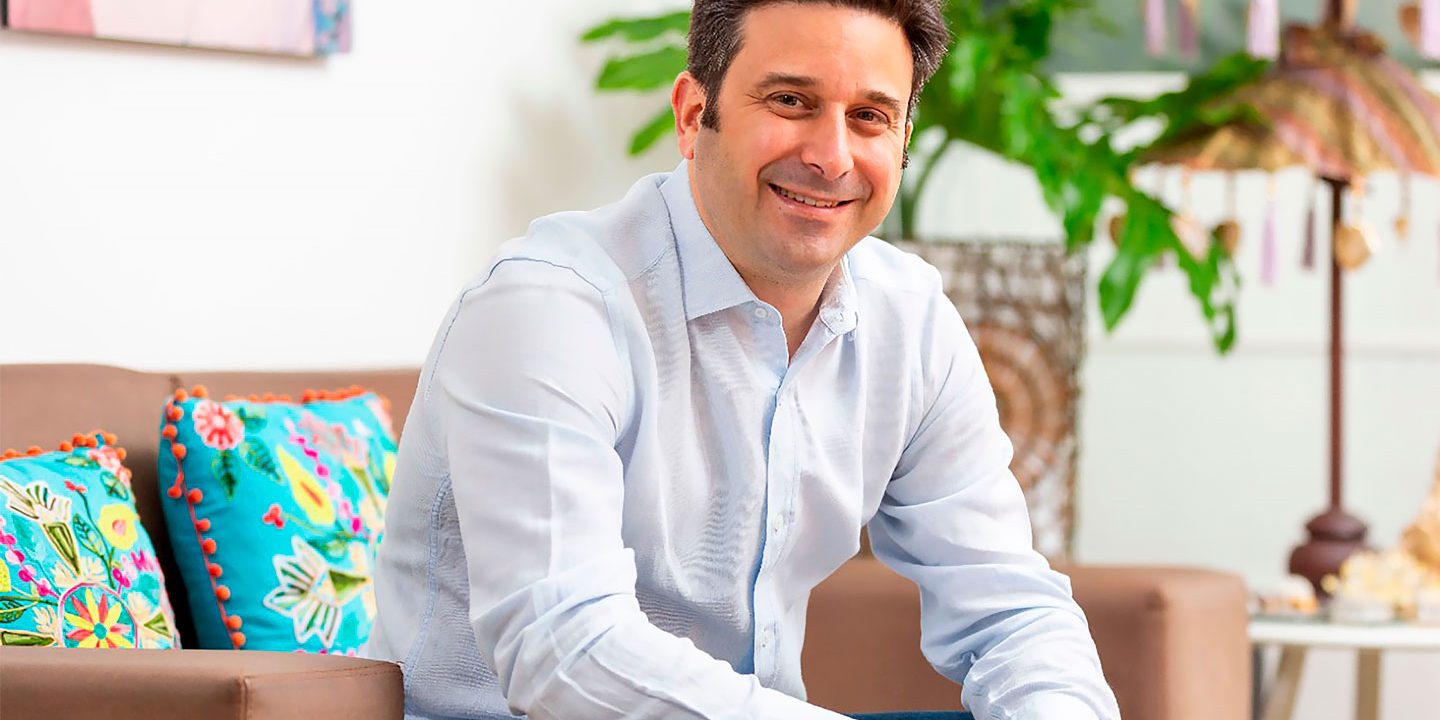Matías Laks, general manager of Rappi Colombia
What do you think is the positive balance in more than a year of pandemic?
The pandemic brought challenges to businesses in all economic sectors. In the case of those belonging to the technology industry, the main challenge was to adapt to the restructuring models of people’s new lifestyles, and the technological platforms for deliveries became the channel between businesses, delivery people and final users, to promote economic reactivation. The health emergency brought great challenges, but it has also brought enormous opportunities for improvement through the acceleration of the adoption of technologies such as Rappi on a daily basis. That meant a quick transformation in our operation, with more orders there is a greater need to have an optimal system that would allow us to be part of the solution. We have come forward with great conviction of the importance of a service like Rappi, in a situation as particular as that generated by the pandemic.
What internal and external strategies did they apply to navigate during the strongest part of the pandemic? The acceleration in the operations of our Colombian unicorn multiplied exponentially and we worked relentlessly to respond to that demand with the highest technology. In the first months of the pandemic, Rappi included 40% additional partners, launched the haute cuisine section in order to encourage purchases in one of the most affected sectors, and increased to almost a thousand the number of personal shoppers in stores. The main strategy was to scale up the delivery people operation: we went from 20,000 to 40,000 registered on the platform in just two weeks, we set up a call center for seniors who are not digital natives, we increased three times the demand in relations to prepandemic years, we accelerated the implementation of new services such as deliveries in 10 minutes, or less, through Turbo Fresh, and increased by 300% the number of vehicles registered for large orders. In addition to the challenges in operations, due to the increase in orders, the scenario led to a strong investment in matters related to biosecurity. For Rappi, the security of both delivery teams and users is essential, which is why we implemented contactless delivery.
Finally, the company joined the Mayor’s Office of Bogota and the Ministry of Health to incentivize the Care Promoters Program among the delivery community, to train them and promote in them the awareness of being references of biosafety as they have contact with thousands of people.
What defines the future of your company and how do you envision that future?
The time will come when the pandemic regulates the way people live, but, without a doubt, nothing will be 100% as before. We have all gotten used to being more careful with sanitation, we are much more aseptic, we realized that it is possible to work and study remotely and, surely, several of those routines will remain at some percentage. Now, regarding technology platforms for deliveries, there will be changes due to the return of purchases at physical stores, which is a challenge but also an opportunity for all of us who belong to this industry, as we look for ways to facilitate people’s lives and remain in continuous reinvention.
This is what will allow us to continue betting on innovation because, in any case, purchases in virtual points will also be maintained thanks to the new consumption habits that users acquired in the pandemic. and if people find solutions that avoid travel, that optimize times and with a superior quality, they will continue to bet on virtuality in purchases.
What initiatives have you developed in accordance with what your environments ask for?
One of the company’s great bets is to adapt to what our environments ask for, that is why for Rappi, innovation is the inflection point, which allows us to satisfy the needs of people. That’s why we have a department of more than 4,000 engineers throughout Latin America, 2,000 of those in Colombia. Thanks to the multiplicity of verticals, typical of our app, we have developed a technology that increases the productivity of the delivery people registered in Rappi, who manage to access numerous orders during the day, meaning for them, if they decide to accept them, income of up to twice the cost of an hour of minimum wage.
One of the actions of which we are proud is that we export Colombian technology to the rest of Latin America, achieving that our model of multi-verticality, today is replicated by other apps in the United States and in some European countries.
It is worth highlighting our innovation, mapped through the alliance of Rappi with the Colombian company KiwiBot, of a pilot that aims to accelerate home delivery through robots, operated between both companies, idea arising from the current need to avoid human contact. These robots have a capacity of 35cmX35cmX35cm, with the purpose of delivering food from restaurants to the consumers.
Also, we have just launched Turbo-Fresh, a solution that allows users to access a portfolio of more than 1,500 products between pantry, fresh fruits, and vegetables in less than 10 minutes. This is possible thanks to the development of a Dark Stores system, which are logistics nodes specializing in product distribution exclusively for digital channels. This way, the associated delivery men will carry the order in a maximum radius of 1.5 kilometers from these spaces.


